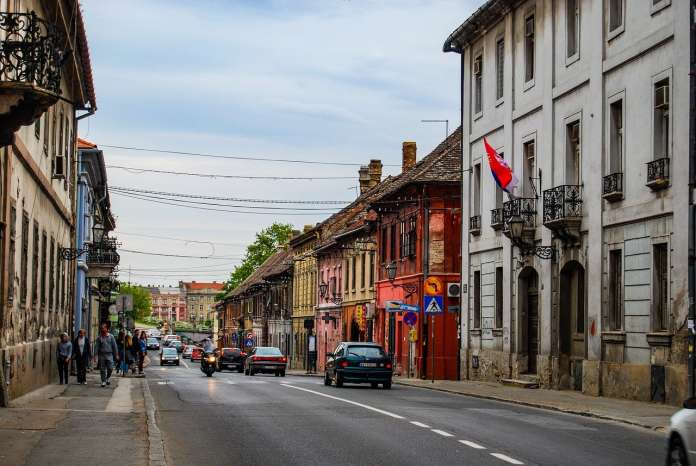On the occasion of the Energy Community Just Transition Forum on 30 June, nine Western Balkan municipalities came together virtually to sign a declaration launching the Clean Air Regions Initiative (CARI).
By signing the declaration, mayors of the nine participating municipalities (Banovići, Bitola, Kakanj, Lukavac, Maglaj, Novi Sad, Niš, Pljevlja and Tuzla) committed to undertake voluntary measures aimed to reduce air pollution in their municipalities.
The CARI initiative was launched by the Vienna-based Energy Community Secretariat and supported by the Hungarian Western Balkans Green Centre (WBGC). It incentivises ambitious regions and communities to take action in the field of air quality on a voluntary basis. The initiative focuses on the most critical sources of pollution such as domestic heating, industry and traffic. By signing the declaration, participating municipalities, with the support of the Secretariat and the WBGC, will strive to develop, adopt and implement local air quality action plans with ambitious policies and measures, share their experiences and learn about progress and achievements in other regions and municipalities.
Overall, the first Just Transition Forum focused on the best ways for the Energy Community to embrace and shape a Just Energy Transition.
“Next years will see big changes in the energy and mining sectors,” said Serbia’s Deputy Prime Minister and Minister of Mining and Energy of Serbia, Zorana Mihajlović. “Nothing will and can ever be the same. The guiding principles are energy security and decarbonisation, stable energy supply and increased share of green energy and energy efficiency. The green vision we seek to achieve is also climate neutrality, increased environmental health and high living standards. We must stay in this process together.”
Forum participants agreed that decarbonisation should be socially just, inclusive, in the interest of workers, women, youth, vulnerable citizens and local communities, instead of replicating inequalities. It should be based on clear and honest communication, reliable targets and prioritise the needs and concerns of local stakeholders by engaging communities in decision-making.



